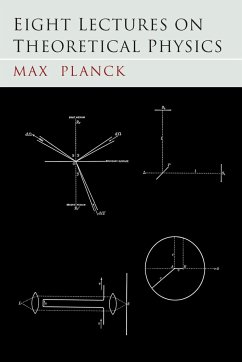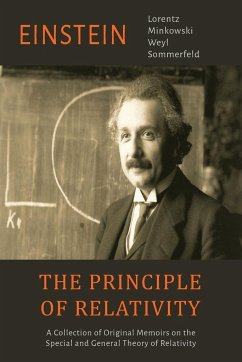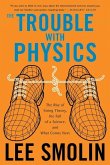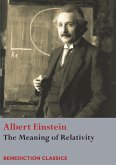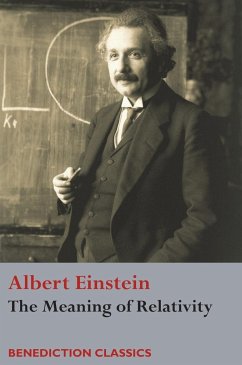2019 Reprint of 1915 Edition. Full facsimile of the original edition, not reproduced with Optical Recognition software. In 1909 the great German physicist and Nobel Prize winner Max Planck (1858-1947) delivered a series of eight lectures at Columbia University giving a fascinating overview of the new state of physics, which he had played a crucial role in bringing about. The first, third, fifth, and sixth lectures present his account of the revolutionary developments occasioned when he first applied the quantum hypothesis to blackbody radiation. In the second and fourth lectures Planck shows how the new ideas of statistical mechanics transformed the understanding of chemical physics. The seventh lecture discusses the principle of least action, while the final one gives an account of the theory of special relativity, of which Planck had been an early champion. These lectures are especially important since they reflect Planck's reconsiderations and rethinking of his original discovery of quantum theory.

